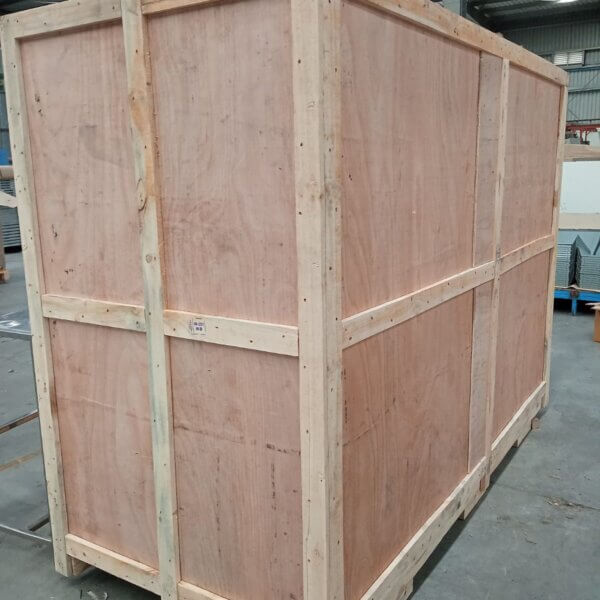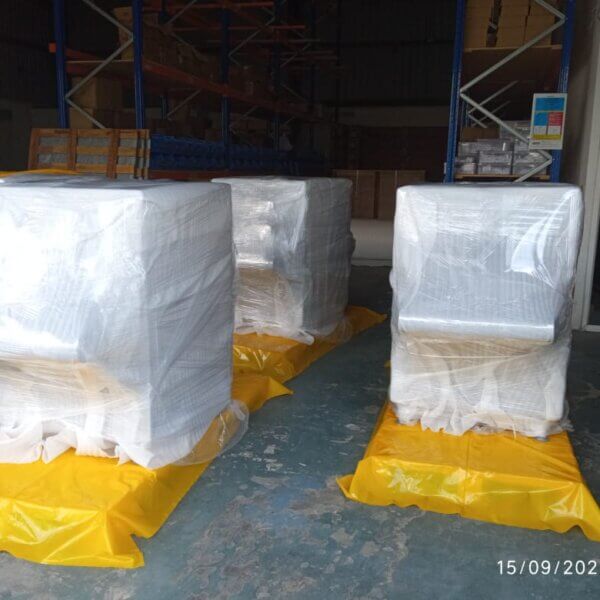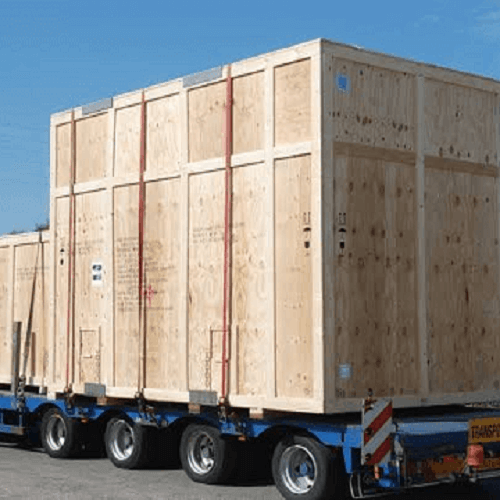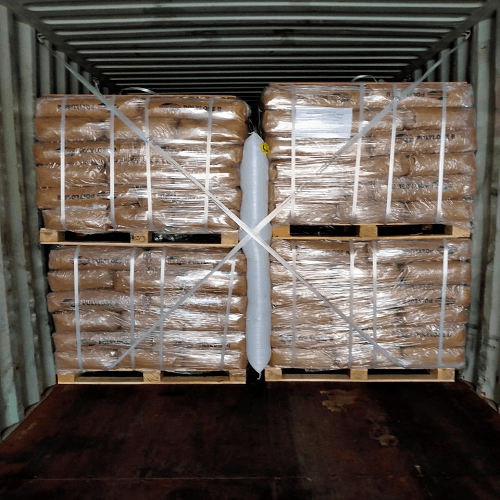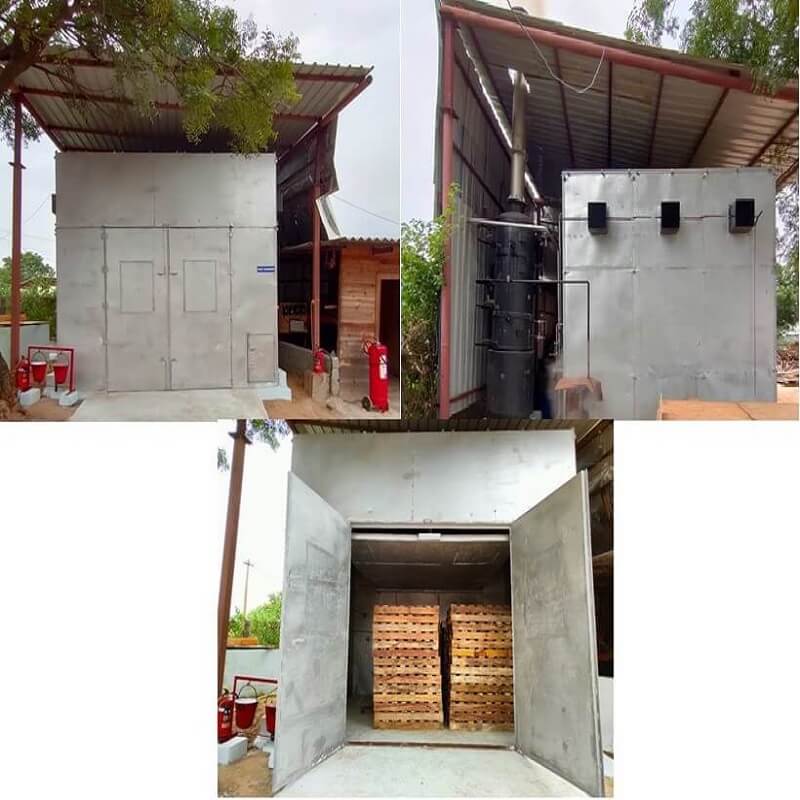Two Way Wooden Pallets
Two way wooden pallets are a fundamental and versatile component of the global logistics and materials handling industry. These pallets, also known as two-way entry pallets, play a critical role in the storage and transportation of goods across the world. They are a preferred choice for various industries due to their robust construction, cost-effectiveness, and ease of use. In this article, we will explore the key features, benefits, and common applications of two-way wooden pallets.
Key Features of Two Way Wooden Pallets:
- Entry Points: Two way wooden pallets have entry points on only two sides. This design makes them ideal for forklifts and pallet jacks to access the pallet from two opposite directions. The lack of entry points on the other two sides provides additional stability and load-bearing capacity.
- Durable Construction: These pallets are typically made from strong and sturdy wooden materials, such as hardwood or softwood. The design and materials used ensure they can withstand the rigors of handling and transportation.
- Standard Sizes: Two-way wooden pallets come in standard sizes, which ensures compatibility with various storage systems, transportation vehicles, and international shipping containers. The most common sizes are the 48×40-inch and 48×48-inch pallets.
- Easy Repair: One of the advantages of wooden pallets is their repairability. Damaged boards can be easily replaced, extending the pallet’s lifespan and reducing overall costs.
- Eco-Friendly: Wooden pallets are environmentally friendly as they are biodegradable, recyclable, and sustainable. Many pallets are made from certified sustainable sources, contributing to responsible forestry practices.
Benefits of Two-Way Wooden Pallets:
- Cost-Effective: Two way wooden pallets are among the most cost-effective pallet options available. Their affordability makes them a preferred choice for businesses with tight budgets.
- Sturdy and Reliable: Wooden pallets are renowned for their strength and reliability. They can support heavy loads and provide a stable platform for the goods being transported.
- Ease of Handling: The design of two way wooden pallets makes them easy to handle with forklifts, pallet jacks, and other material handling equipment. This ease of handling improves efficiency in warehouses and distribution centers.
- Customization: Wooden pallets can be customized to suit specific industry needs. You can modify their size, design, and load-bearing capacity to match the requirements of your products and operations.
- Recyclable and Sustainable: When wooden pallets reach the end of their lifespan, they can be recycled or repurposed, reducing waste and environmental impact. Their use also encourages responsible forest management.
Common Applications:
- Warehousing: Two-way wooden pallets are widely used in warehouses for storing and organizing goods. Their compatibility with various storage systems and easy handling makes them an excellent choice for efficient storage solutions.
- Transportation: These pallets are commonly used in the transportation of goods via trucks, ships, and rail. Their durability ensures that products remain secure during transit.
- Retail: Many retail businesses use wooden pallets to display and transport merchandise within their stores and distribution centers. They can be easily integrated into point-of-sale displays.
- Export and International Shipping: The standard sizes of two-way wooden pallets are well-suited for international shipping. They fit neatly into shipping containers, optimizing space and ensuring the safe transport of goods.
- Manufacturing: In manufacturing settings, these pallets are used for moving raw materials and finished products, facilitating efficient production processes.
two-way wooden pallets are a valuable asset to various industries, offering durability, cost-effectiveness, and environmental sustainability. Their ease of handling and compatibility with a wide range of applications make them an indispensable tool in the world of logistics and materials handling.


